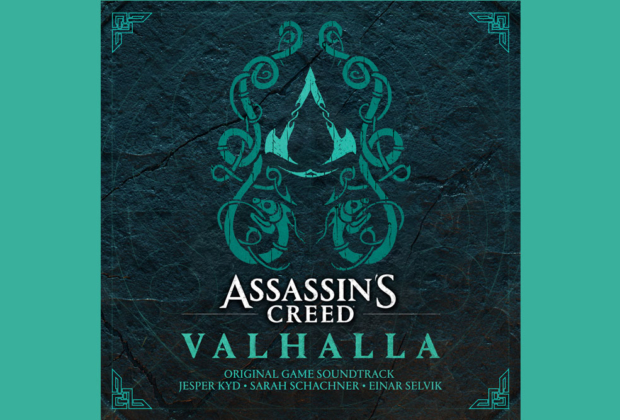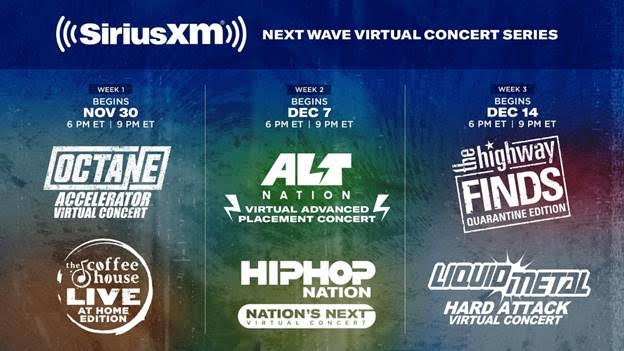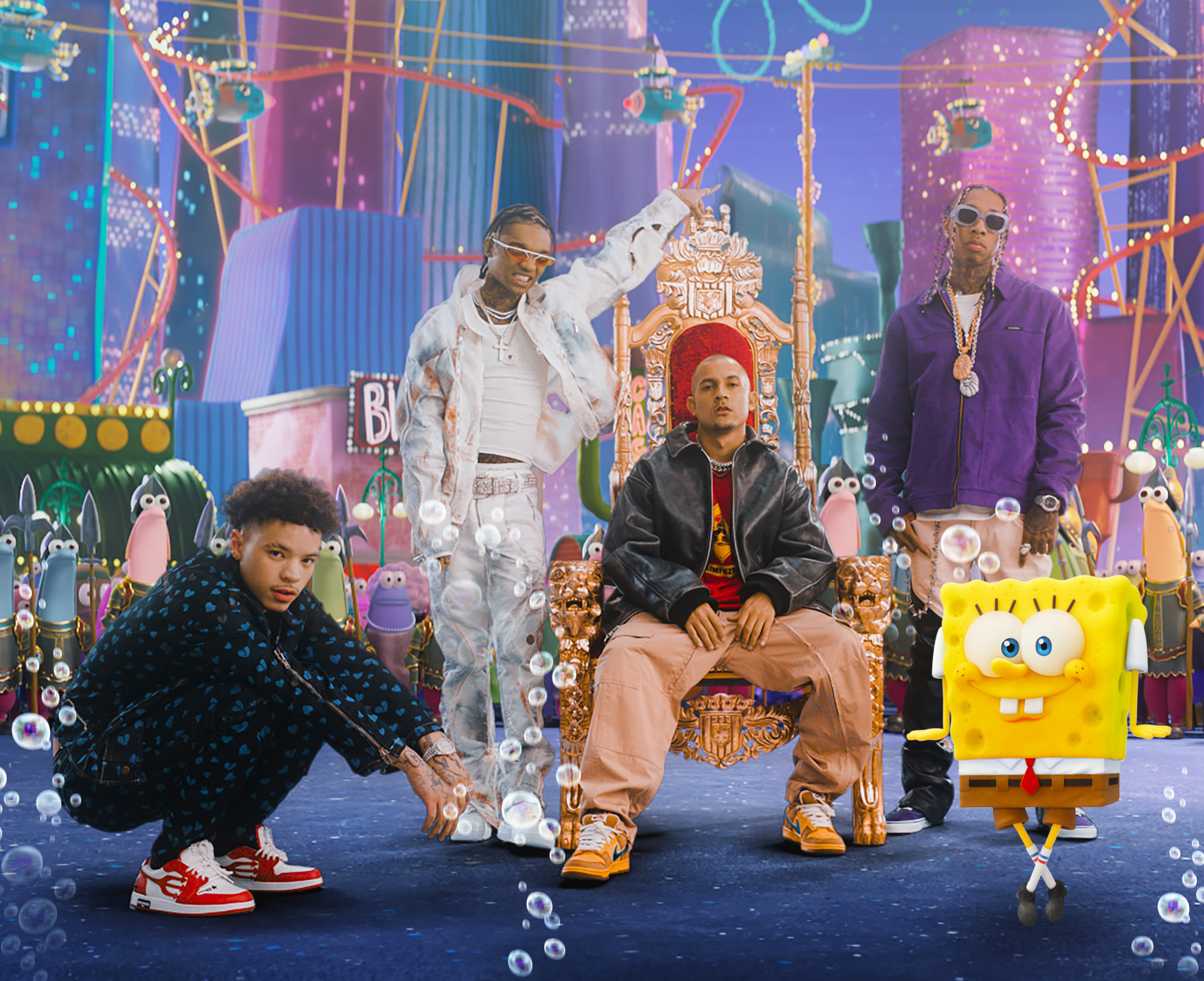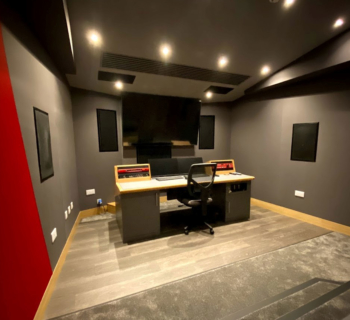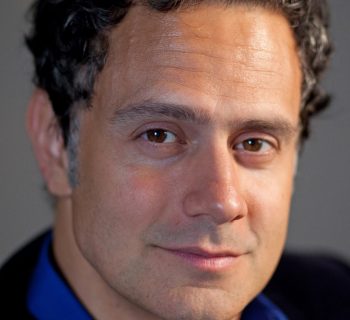This is Part 2 of our series on composing for Assassin’s Creed Valhalla. If you haven’t already, be sure to read Part 1, Q&A With Assassin's Creed Valhalla Composer: Sarah Schachner.
Jesper Kyd is a BAFTA award-winning Danish composer, renowned for his experimental approach to crafting unique soundtracks and creating iconic music for video game franchises including Assassin’s Creed, Borderlands, Hitman, State Of Decay and more. His film and television resume includes the internationally acclaimed dark fantasy TUMBBAD on Amazon, the No. 1 Chinese box office fantasy action adventure Chronicles of the Ghostly Tribe, and the SyFy TV anthology series Metal Hurlant Chronicles.
Music Connection: How did Covid-19 impact composing for Assassin’s Creed Valhalla?
Jesper Kyd: The Covid-19 impact on the music actually wasn't that intense as I had already committed to performing all the instruments myself when the pandemic hit. Early on, I decided to approach the score this way since I needed to figure out how to write for a lot of unusual instruments I wanted to use. So, I acquired a lot of ancient instruments and also had some specially built. Once I started playing these I got really hooked and decided to perform these instruments myself.
The impact of Covid was much more psychological, not being able to see friends, schools closed, lots of cancelled concerts we had in the making, not being able to go out, etc. I’m sure some of these frustrations found their way into the score.
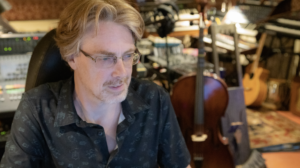
MC: It’s been widely publicized that you, Sarah Schachner, and Einar Selvik worked together to compose the main theme & soundtrack. How about non-linear composition. Was the work divvy’d up a specific way?
Kyd: We both worked on many of the same type of tracks separately. For example, we each wrote combat, stealth, boss, mission music, and music for cinematics. For the exploration, we were assigned different areas to score and my areas were Norway, East Anglia, Wessex, and Northumbria.
MC: You used a lot of ancient instruments on this composition, including a rebec, crwth, tagelharpa cello, and morin khuur, just to name a few. Which was your favorite and how did you record it?
Kyd: The Morin Khuur is a lot of fun to play, though it’s definitely not an easy instrument to become proficient at. I sometimes recorded it close mic’d and other times I went for a stereo pair of mics with a lot of air and room tone. This would go through different preamps such as the Manley Force or a set of model 500 VP25's before ending up in Cubase where I would continue to experiment with the sound and performance.
MC: What was the most challenging part of building music around the Norse theme?
Kyd: Well, there’s already so much Viking music out there so the challenge was to figure out how to write something different while still retaining the Viking feel. Ubisoft was very clear that they didn't want an orchestral-sounding score. They were looking for something more authentic and immersive. Something that first of all connected to the environment and landscape, the mood of the game, so to speak. And then we gradually added the elements of the storyline. This was then mixed with the sound of Assassin's Creed, which is about reminding the audience that what you are playing is a simulation. This allows me to really filter and process the instruments and performances in unusual ways.
MC: Ubisoft released this soundtrack BEFORE the game’s release. How did that impact your schedule of work?
Kyd: Ubisoft released 2 EPs before the game came out and the much longer official soundtrack was released three days after the game launched. It was unusual to have the music released while still actually writing the score. I have never been in a situation like that before and it heightened the awareness factor when hearing how positive the fan reaction was. This also meant the music tracks on the 2 EPs were mixed and mastered while also starting to allocate time to help promote these EPs. It was a busy time for sure :)
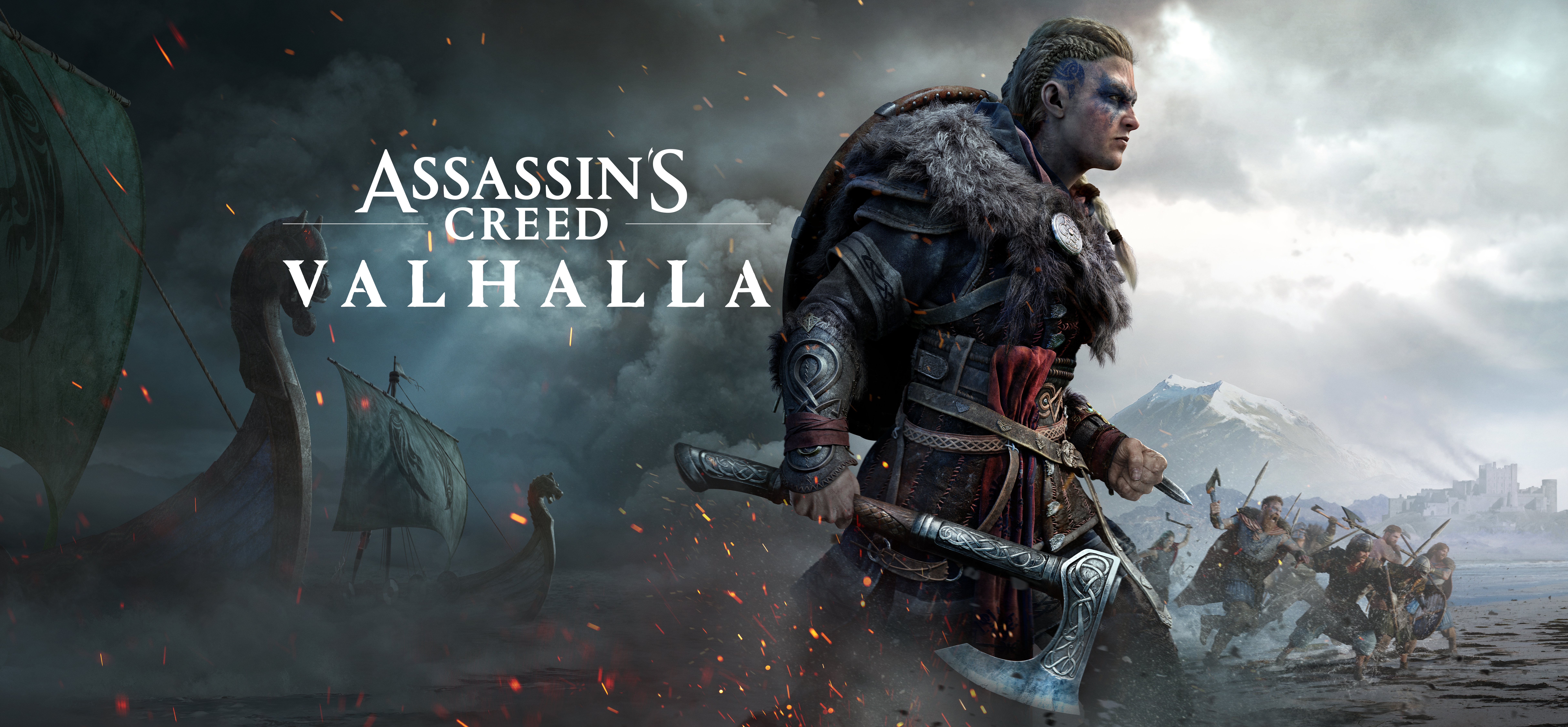
MC: So should AAA composers expect to develop an “album” to support a large-scale title?
Kyd: Absolutely, I spend a lot of time developing albums for my scores. In a way, it’s often how projects are remembered years after they are released. I might watch First Blood every few years since I love that movie, but I have listened to the score many, many times. Even if a 2-hour score basically takes the same time to listen to as watching a movie, music just works in different ways. It can be listened to over and over.
MC: On a project of this scale, what’s your relationship with the audio director and sound designers?
Kyd: It’s quite a close relationship with the audio director. On this project Simon Landry was really good at facilitating creativity by setting me loose while we still talked in detail about the mood of the score. It was a real pleasure to work with the Ubisoft audio department.
MC: Is it important, then to understand AnvilNext, Ubisoft’s game engine?
Kyd: Not really. I do have a lot of understanding about game design/game engines since I basically grew up in the game industry (I started working on game music when I was 15 and my first game score came out when I was 17). What’s important is being able to imagine some of the features that’s not implemented yet or interpreting early footage. Play a lot of games and you will be able to understand this stuff.
MC: With over 18.7 million YouTube spins, your song, “Ezio’s Family” from Assassin’s Creed 2, is one of the franchise’s most-beloved compositions. How does that track’s success impact your mindset going into new AC titles?
Kyd: Well, I didn't think about that when originally writing the score, so that does not impact me. When working on really large projects, in order to be successful, you have to be able to let go of the pressure and put things into a different perspective. You are so close to the project and all that matters is coming up with ideas and music that deepens the experience. You try not to think about what's going on outside of the bubble you find yourself in. And then when the game comes out, we can kind of sit back and let go a bit.
Also, I feel having experience becomes really important, knowing exactly what questions to ask the team and how to interpret the answers, etc. There was a really good flow on this project and we ended up using all the music I wrote.
MC: If you could go back to the beginning of this project, what advice would you give yourself?
Kyd: What an unusual question! I would say “start playing those ancient instruments yourself right away!” It took me a bit of time experimenting with ideas until I realized I was not going to be able to write the score I wanted to write without playing the instruments myself.
MC: With so many games going into the Downloadable Content (DLC) and Season Pass model, can you shed a light on how contracts or roles are handled? Are composers working after release, or is your work usually 100% complete by original release?
Kyd: That is different for each project. It really comes down to timing and if the composer for the main game has the main score to focus on, or if there is extra time allotted to writing for a DLC that, for example, is to be released shortly after the game comes out. Other times DLCs are like a whole new game. Borderlands The Pre-Sequel: Claptastic Voyage felt like that. DLCs can be fun to work on, especially if they take the experience in a whole new direction. In the case of Claptastic Voyage, it takes place inside the head of a paranoid robot called Claptrap.
MC: A lot of our readers are up-and-coming composers and student composers. Do you have any advice for someone just getting into the non-linear composing world?
Kyd: Don’t try to make music that sounds like the current trends, write music that you feel passionate about. Doing something great will keep you in demand, but doing something ok in every music style that everybody can do is not the best way. •

